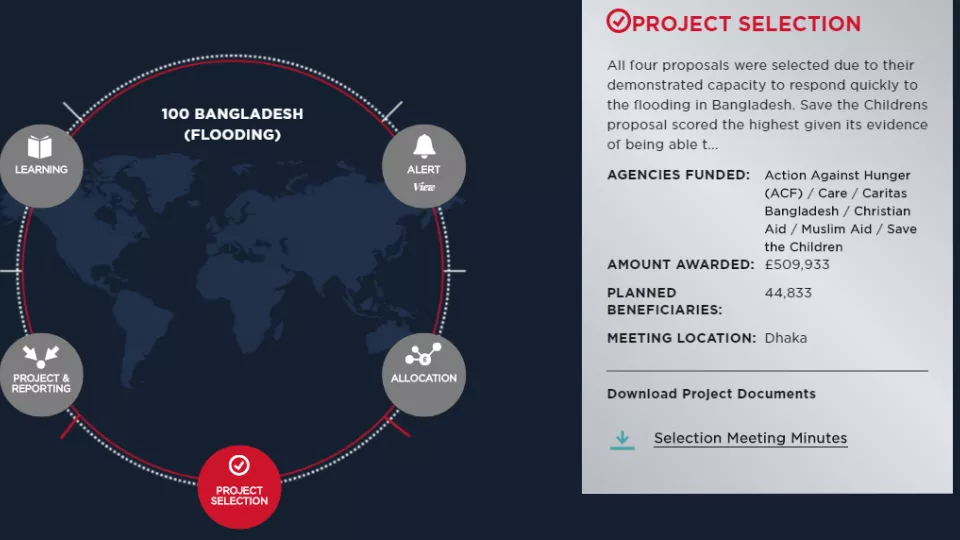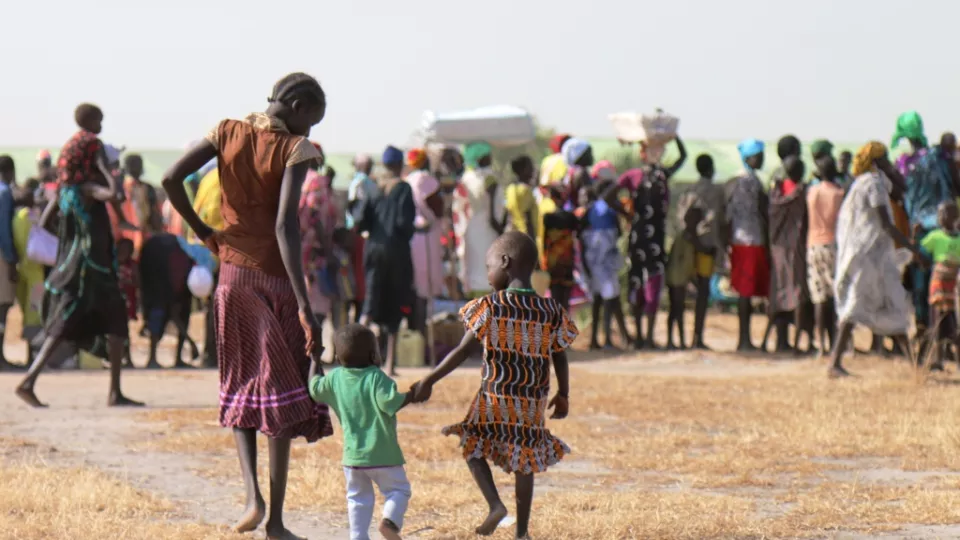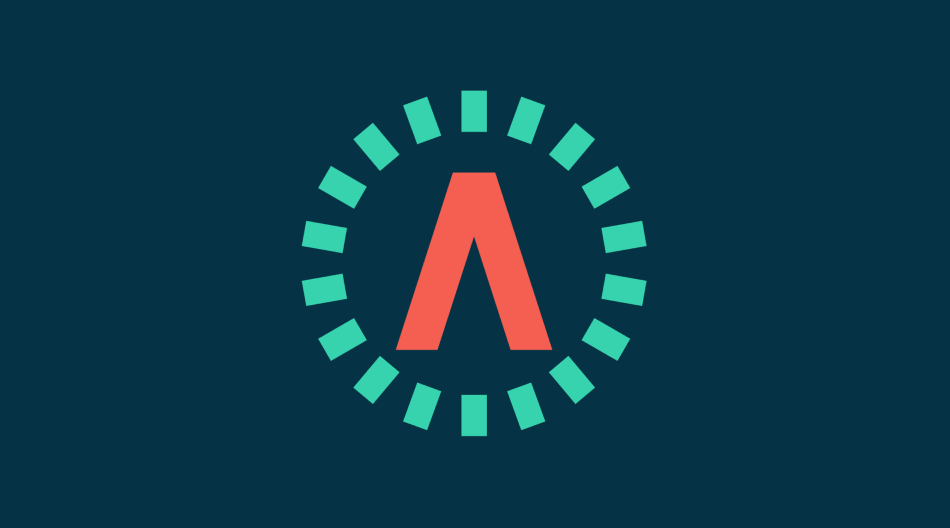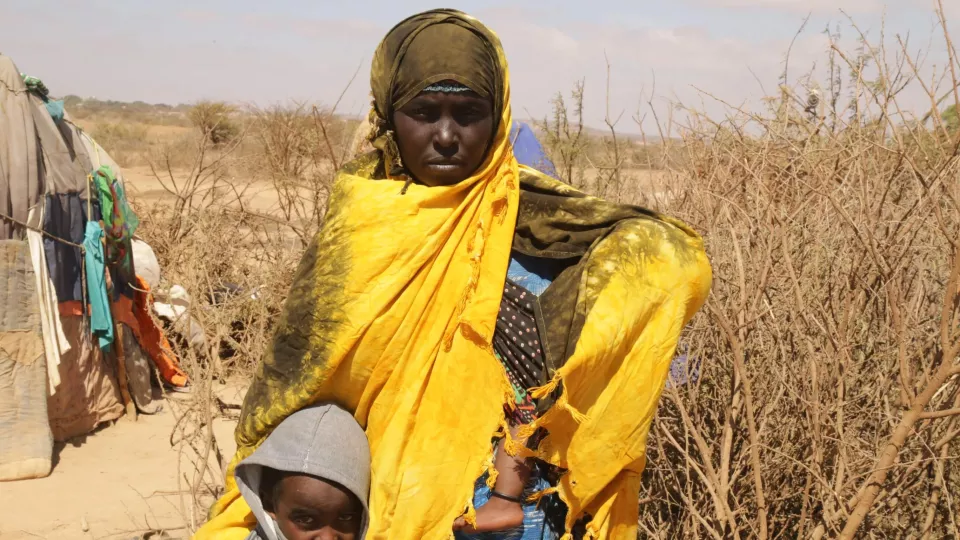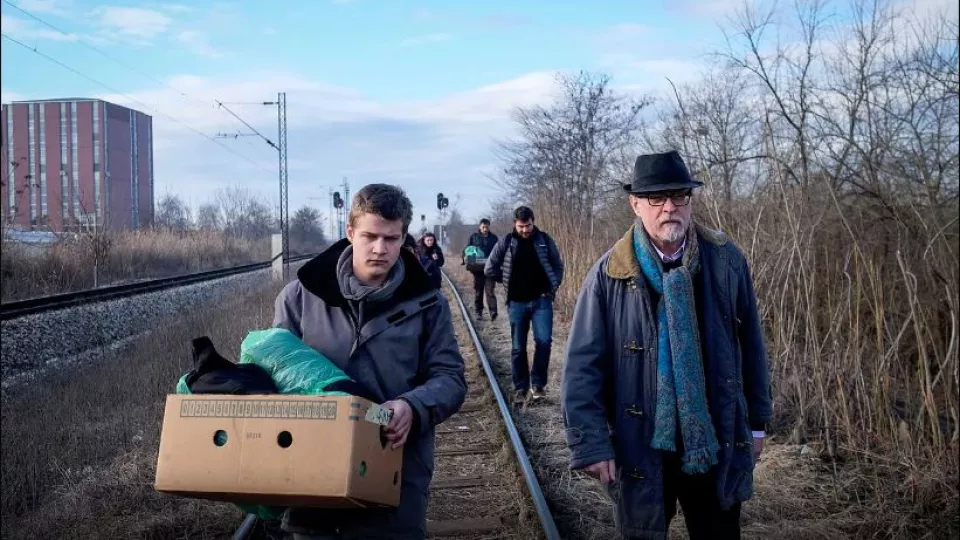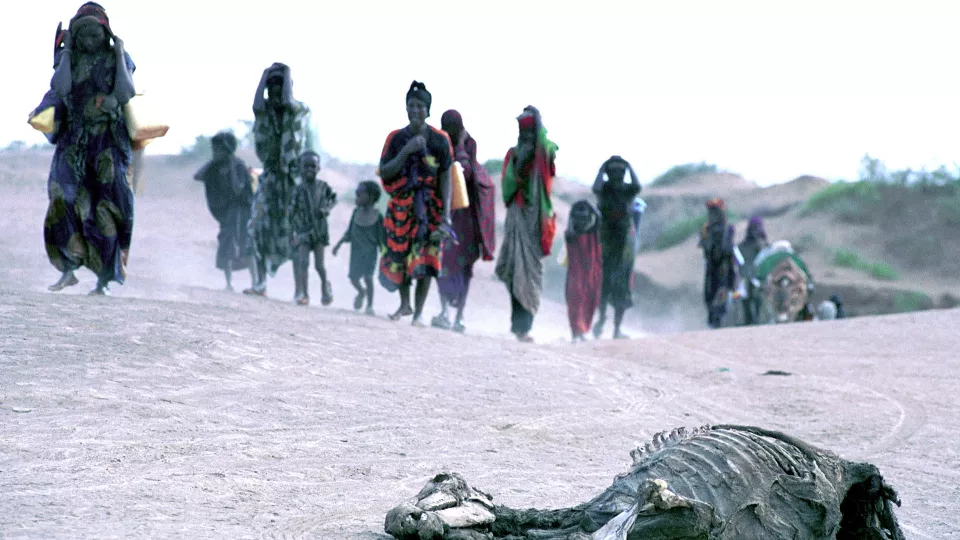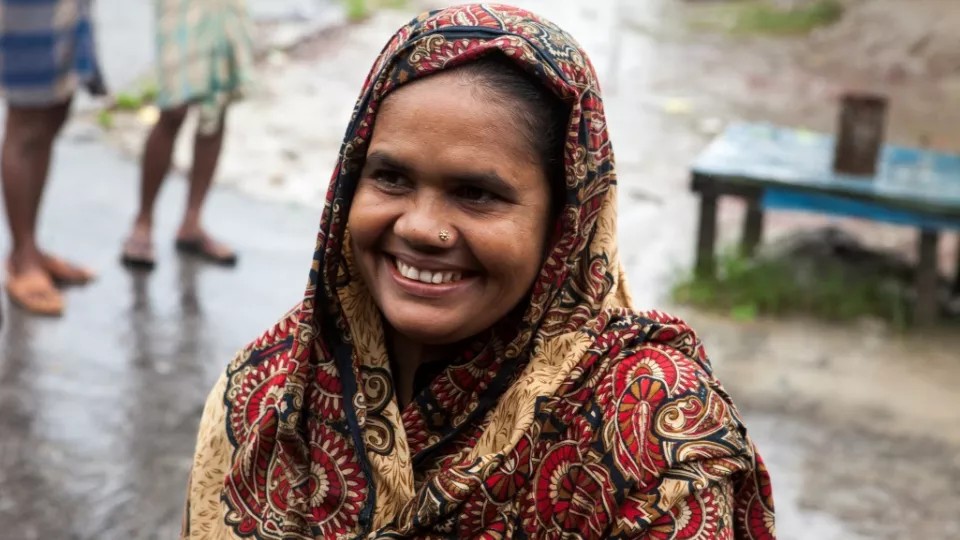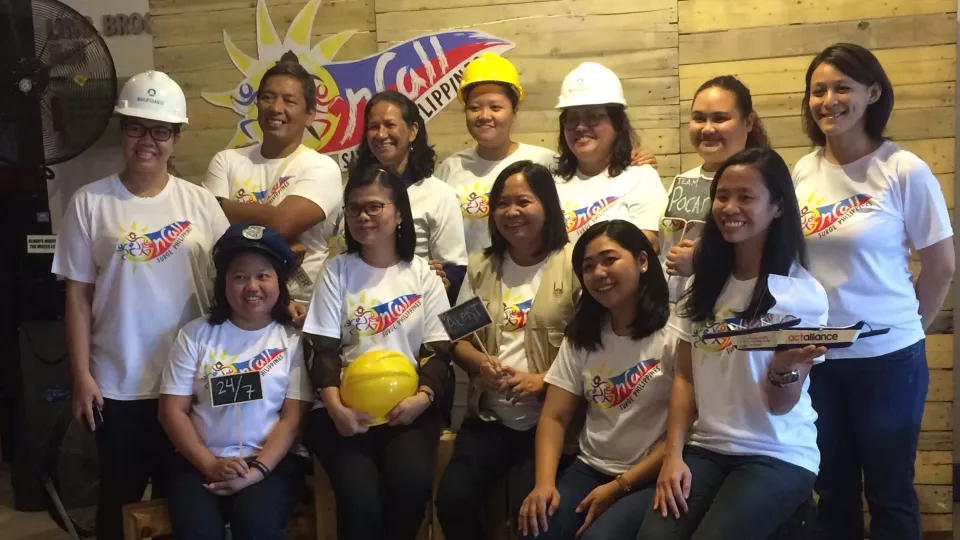Start Network has launched a new online platform that will allow its members, donors and the public to monitor humanitarian alerts as they happen, follow how money is spent and see how many people have been helped.
News and blogs
Marko Madut Garang discusses the innovative approaches to capacity building being piloted through the Protection in Practice project.
We spoke to Guillaume Bahizire, a co-facilitator of the Context programme in DRC, which provides long-term learning and development through face-to-face group-based learning, coaching, individual project work and web-based learning.
As the global news agenda focuses on the famine across South Sudan, Somalia, Ethiopia and Kenya, the need for humanitarian agencies to better respond to slow onset and protracted crises is highlighted in a new report.
The tremendous challenges faced by refugees and migrants stranded at the border between Serbia and Hungary, and Oxfam's efforts to assist them.
Crisis Anticipation Adviser Luke Caley talks to the Guardian about the value of early response and the Start Network's efforts to shift humanitarian action from reactive to anticipatory.
The growing intensity and complexity of humanitarian disasters requires us to work in new, innovative ways. Stephen O'Brien, the United Nations' Under-Secretary General for Humanitarian Affairs and Emergency Relief Coordination, outlines why.
This case study, produced on International Women's Day 2017, focuses on Daw Hla, a community resilience leader in the remote and hilly region of Southern Shan, Myanmar.
This case study, produced on International Women's Day 2017, focuses on Millet Morante from Philippines. She is a member of the Kaisa Ka organisation (volunteers who seeks to advance the rights of Filipino women) and of the People-Based Humanitarian…
This case study, produced on International Women's Day 2017, focuses on Laily Begum from Bangladesh, Women’s Group Member and former elected women member of Union Parishadh.
This case study, produced on International Women's Day 2017, focuses on two women from the Philippines, one of the world’s most disaster-prone countries. Women are among those most affected by disasters; women as change-makers are needed to identify…
This case study, produced on International Women's Day 2017, focuses on two women from Jordan, where women are discouraged from humanitarian work by cultural norms and expectations and are under-represented in humanitarian leadership positions.

